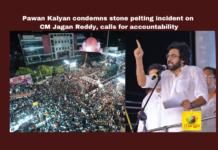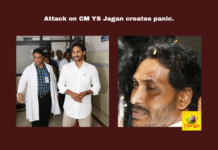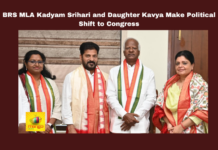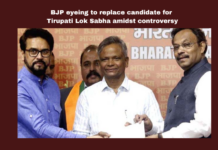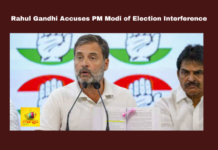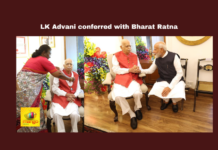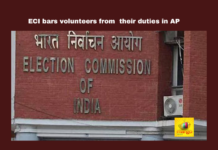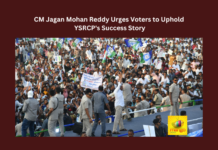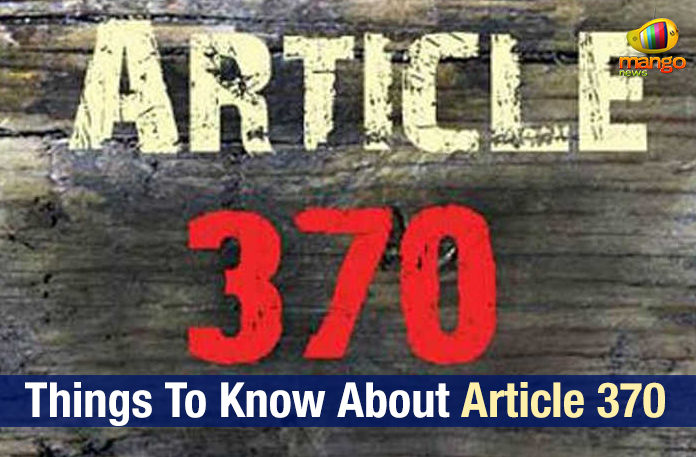Article 370 of the Constitution of India was introduced by Gopalaswami Ayyangar in 1949.
Mr. Ayyangar, who did not hold any portfolio in the Cabinet, drafted Article 370. He was appointed by the then Prime Minister of India Jawaharlal Nehru.
Jammu and Kashmir has been a matter of dispute between Pakistan and India since India got its independence in 1947. Both the Countries have wanted to take over Jammu and Kashmir since then.
Article 370 of the Indian Constitution provided a special status to the citizens of Jammu and Kashmir.
According to Article 370, Jammu and Kashmir had its own constitution, laws and decision making rights.
Apart from the external affairs and defence, the Indian Government had no control over Jammu and Kashmir.
Special provisions under Article 370:
- Jammu and Kashmir had its own constitution.
- No legislative power over the State, except defence, foreign ministry and communications.
- Article 370 can be abrogated only on the recommendation of the State Assembly.
- Indian Parliament should take ‘concurrence’ of State Government to apply any law or rule in the State.
- Right to Information (RTI) Act was not applicable in Jammu and Kashmir
- President of India was not allowed to impose any financial emergency in the State.
- Residents of Jammu and Kashmir had dual citizenship and the State had a seperate flag.
- Disrespect of Indian flag was not considered anti national or a crime in Jammu and Kashmir.
- The term of the Jammu and Kashmir Assembly was 6 years, unlike other states, where the term of the State Assembly is 5 years.
- If any woman belonging to Kashmir married an Indian, she would lose her Kashmiri citizenship (State rights.) On the other hand, if a Kashmiri woman married a Pakistani, her State rights would remain intact and the boy would get Indian citizenship.
The revocation of Article 370 made Jammu and Kashmir a part of the Indian Legislative Assembly and put an end to the special status given to the State earlier.
Now, Jammu and Kashmir will also follow rules similar to those followed in other Indian states and the Central Government will have rights over the State.
Political leaders and parties are expressing their views regarding the decision of the Central Government to revoke Article 370 in Jammu and Kashmir.
Home Min @AmitShah tears into those opposing #Article370. Says it is not the bridge connecting J&K with rest of the country. It hindered full integration. J&K integration was complete when instrument of accession was signed on Oct 26, 1947. Calls it a result of @PMOIndia vision
— GAURAV C SAWANT (@gauravcsawant) August 5, 2019
India has become a loser nation today! It requires an extraordinary degree of shamelesness to go back on your own word. No nation with self-esteem & integrity will do this. #Article370
— Discourse Hacker (@Shudraism) August 5, 2019
Was in Kashmir recently.Did 3 diff epi,intrvwd 3 very diff people & spoke to many off-record too. Seriously, no sympathy for Muftis,Abdullahs after you hear what a “common” Kashmiri feels about them.Every single person said-They have only cheated us all these years.. #Article370
— richa anirudh (@richaanirudh) August 5, 2019
The uncertainty in Kashmir has been a trump card for political parties and separatists for too long. The average Kashmiri has only suffered in the process. The opposition’s behaviour in the parliament today only shows their interest in not letting the situation change #article370
— Varun Krishnan (@varunkrish) August 5, 2019

